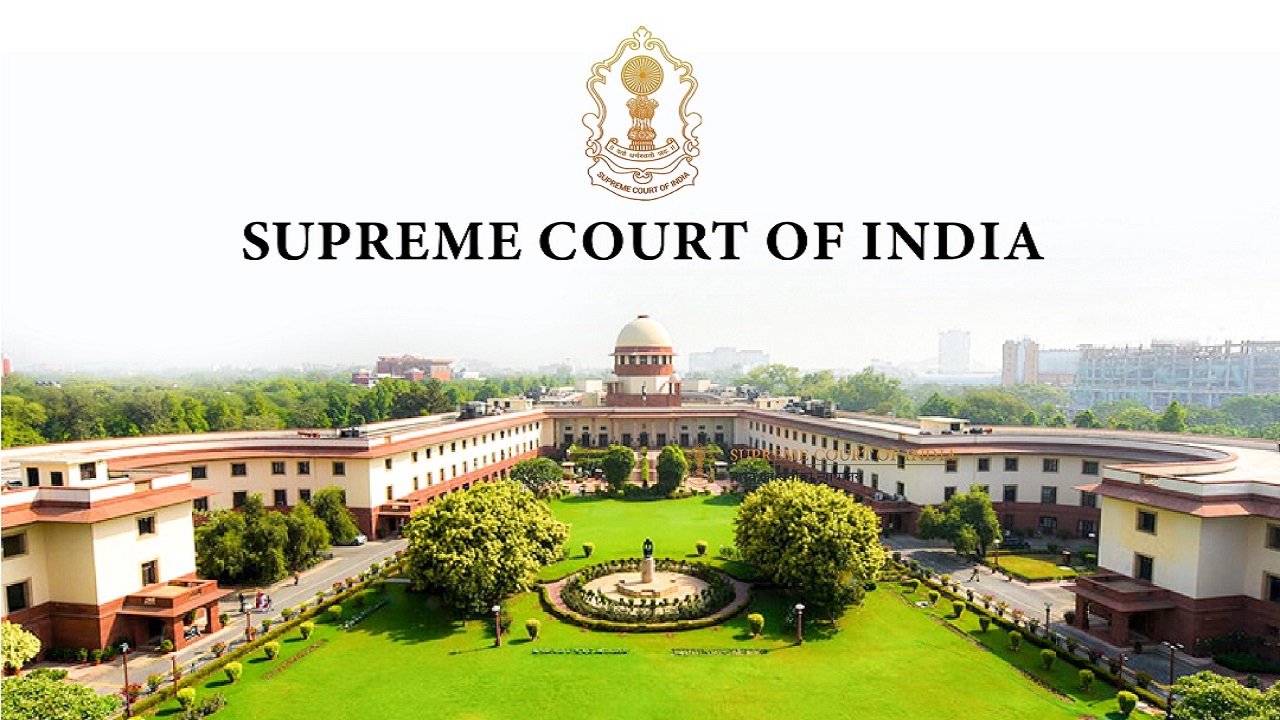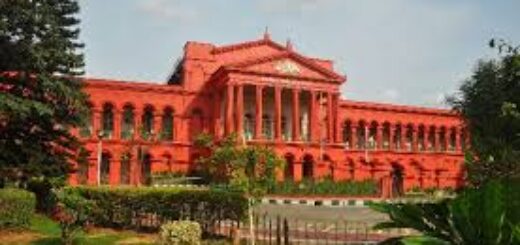The Supreme Court has removed negative comments made in a Delhi High Court ruling about an Additional Sessions Judge, stating that personal criticism of judges or recording their conduct in judgments should be avoided.

The Supreme Court removed negative comments made by the Delhi High Court about an Additional District and Sessions Judge. The Court noted that personal criticism of judges should be avoided. It accepted the appeal to clear the negative remarks against Sonu Agnihotri, the judge in question. The Delhi High Court had labeled his actions as a “judicial misadventure” due to observed misconduct. Justices Abhay S. Oka, Ahsanuddin Amanullah, and Augustine George Masih stated that while higher courts can correct errors, personal criticisms can harm judges and cause embarrassment. They emphasized that all judges can make mistakes, so personal attacks in judgments should be avoided.
AOR Vivek Narayan Sharma represented the Appellant, while ASG S.V. Raju and Brijender Chahar represented the Respondents. In an anticipatory bail case, the Appellant pointed out issues in the police investigation and ordered inquiries into their actions. The High Court, responding to a petition from the police under Section 482 of the CrPC, removed the Appellant’s comments about the police and canceled the inquiry orders. However, the High Court also stated the following about the Appellant: “As mentioned earlier, the Ld. ASJ should not have pursued this matter further when his initial concerns were already addressed. The comments made by the Ld. ASJ are brief, punitive in nature, and carry a negative tone, which is not in line with expected judicial behavior. The Ld. ASJ should be careful and cautious in the future to avoid such judicial errors.”
The Supreme Court noted that higher courts have the authority to review and correct mistakes made by lower courts. It stated that these superior courts can overturn incorrect decisions and remove unnecessary comments. The Court clarified that the term “subordinate court” is used only in relation to appellate or supervisory powers. It also mentioned that while it is acceptable to criticize mistakes in certain cases, such criticism should focus on the errors in the decisions, not on the personal qualities of the judges. There is a clear distinction between pointing out wrong decisions and attacking a judge’s character. The first is allowed, but the latter should be avoided. As a result, the Supreme Court upheld the Appeal.
Cause Title: Sonu Agnihotri v. Chandra Shekhar & Ors. (Neutral Citation: 2024 INSC 887)









